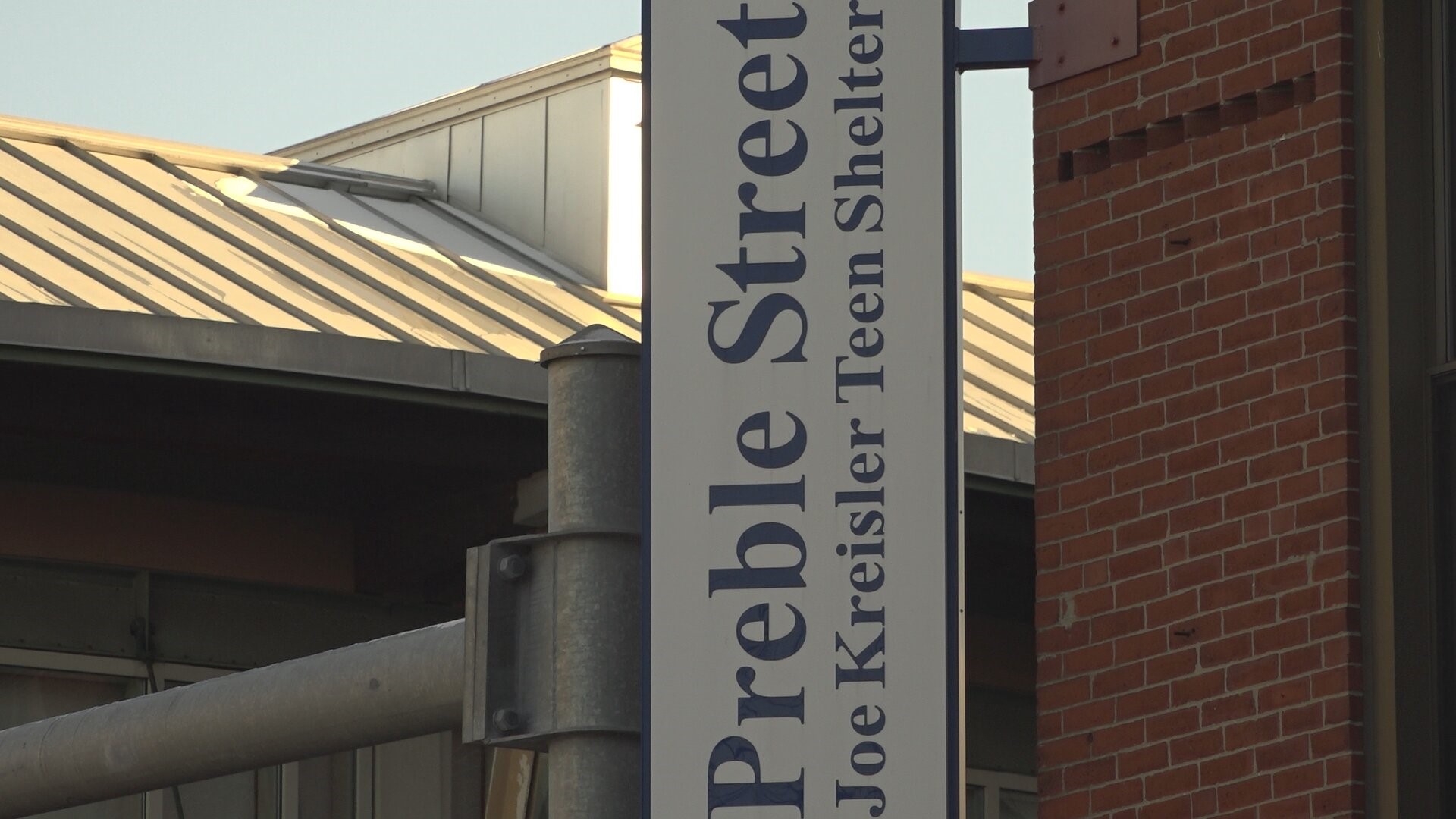PORTLAND, Maine — The homelessness outreach nonprofit Preble Street released a seven-pillar plan Wednesday for helping people who are living on the street in the city of Portland before winter hits.
The plan involves adding more caseworkers, finding more housing units, and creating more shelter.
Preble Street staff said of the nearly 70 people staying in tents along the Fore River Parkway, only 18 accepted offers for shelter or housing after Portland's Encampment Crisis Response Team cleared the encampment in early September.
Preble Street's plan said encampment sweeps "disconnect people from valuable health care services and increase the risk of overdose and death."
"Lack of any new resources has severely hampered this effort," staff wrote in the plan.
Preble Street staff estimate there are more than 200 people living on the streets—almost all of whom are at risk of medical problems or overdosing.
To help them survive, staff created a plan with seven major pillars.
1: Secure and utilize 150 new housing vouchers
The plan calls on the U.S. Department of Housing and Urban Development to provide 70 housing choice vouchers, plus another 40 from Maine’s Department of Health and Human Services, and 40 more from MaineHousing.
2: Find more housing and shelter
Staff would take six months to conduct an "exhaustive search" for unused housing, or service properties like medical facilities, hotels, and dorms—focusing on state and city-owned properties.
3: Move 140 people into the Homeless Services Center by Dec. 5
To do that, Preble Street shelter said the HSC needs to reduce barriers. Clients told Preble Street staff they would prefer: all-gender dorms, more frequent and adequate shuttle service, clarity around curfews, changing the lighting inside at night to make sleeping easier, shorter intake and processing times, and more.
It also calls for the HSC to prioritize people based on need, like severe mental illness or high risk of overdose.
On top of that, they want to create a team of providers there to help people with mental health and substance use disorders on site: embedding an Assertive Community Treatment (ACT) team at the HSC, and outreach organizations loaning "experienced and trusted outreach staff to the HSC for four weeks following the opening of the Riverside Shelter to assist clients from the encampments with the transition to shelter."
4: Adding more case managers, creating more shelter
The plan asks DHHS to provide five intensive case managers to help unhoused people with the highest needs find housing and support.
It also explains that the city’s only low-barrier shelter, Elena’s Way, has only 40 beds, and is at capacity.
It also calls for more medical outreach teams.
Staff say the city needs more low-barrier shelters like this.
The question here is manpower.
5: Add 20 more staff in the next year
These staff include: Encampment Health Home teams, three more caseworkers from DHHS, more Rapid Rehousing staff, as well as medical health care outreach.
6: Increase communication with unsheltered people
One of the most important is improving their perception of the HSC.
7: Create more funds dedicated to unhoused people
Staff say this plan is crucial after only 18 people from the Fore River Encampment moved into shelter or housing, and that the lack of resources is hindering their efforts.
“No one wants this epidemic of tents and human despair. No one," staff wrote in the plan.
There are a lot of questions about how the city, state, and providers could pull all this off, especially given the workforce shortage plaguing Maine.
Thursday night, Portland city councilors will hold a workshop to discuss the plan, but Preble Street is not invited to speak. The meeting is open to the public.
It is unclear when Preble Street staff could answer councilors' questions in public.

